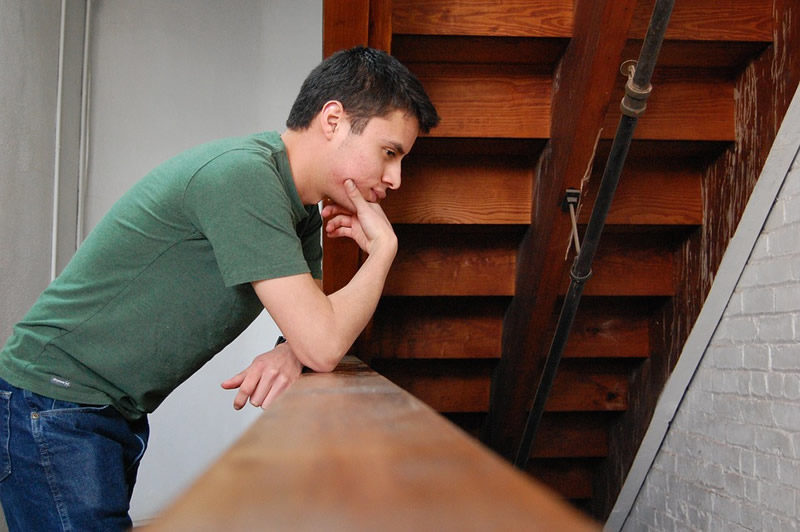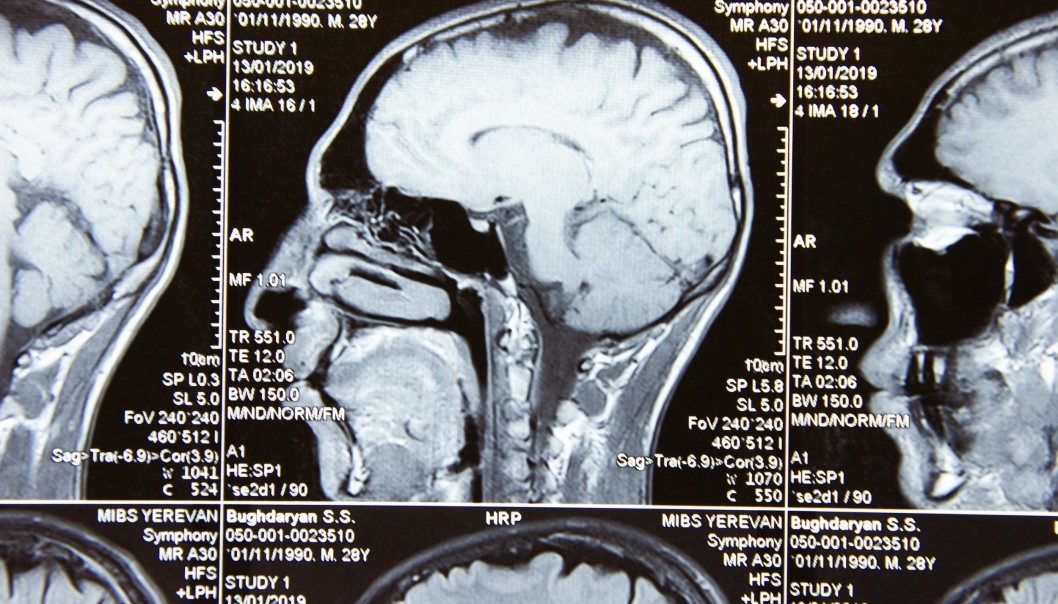There is a great debate going on at the moment about Darwinism, especially after Yale professor David Gelernter
published an article in which he basically agreed with the devastating criticism leveled at the theory by the scholars associated with the Discovery Institute. It is true: the creed of Darwinism is under attack, the foundation of materialist atheism is shaking, the worldview held by most people today - including many religious people - is crumbling. It is a beautiful sight for those of us who know that Darwinism is
wrong,
dead wrong and
couldn't be
any more wrong.
At the same time, people are confused. It's no secret that many critics of Darwinism - brilliant as they are in their scientific rigor - are also religious, mostly Christians. Some even try to smuggle in Jesus in their otherwise flawless books. If Darwinism is wrong, which it is without a shred of a doubt, should we all go back to the bible? Should we 'accept the Lord Jesus'?
Well, not so fast. For all the faults of the atheists (both old and new), their critique of religion is too powerful for any rational mind to ignore. And for all that Christianity has going for it, it is notoriously plagued by the blind acceptance of a ridiculous doctrine cobbled together by an unknown number of scribes throughout the ages.
Just to give a prominent example: what thinking mind could possibly accept the physical resurrection of Jesus? It is something that has never been observed by anyone; it flies in the face of what we know happens to an organism once the life force holding it together is withdrawn; it clearly sounds like a fairy-tale only a child could take literally. And yet, it is one of the most unshakable doctrines of the various Christian denominations. Tell a Christian believer that this is obvious nonsense and watch the reaction.


Comment: See also: